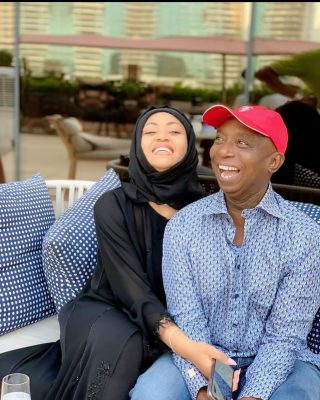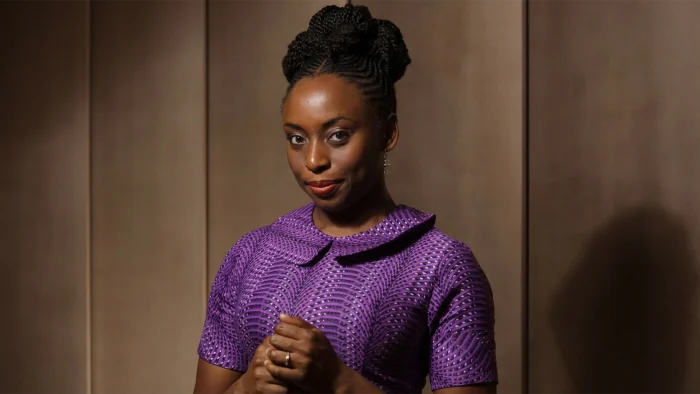[dailymotion code=”x7s25wq” autoplay=”yes”]
In many ways than one, the crowd that thronged the old Oshodi, years before the megacity renovations that changed the landscape of the country’s most populous city, encapsulates the life of the average Nigerian.
Sucked into their own realities and lured by their aspirations, they trudge along, indifferent to the bumps and the commotion yet oblivious to how the complexity of their daily lives is part of a bigger but grime picture – the struggle and frustration of living in Nigeria.
It is this struggle of the ordinary Nigerian that twin brothers Arie Esiri and Chuko Esiri captured in their directorial debut film, Eyimofe.
[ad]
The film opened to extremely positive reviews from critics and has been screened at various global international film festivals in 17 countries. It tells parallel stories of the everyday struggles of ordinary Nigerians and their quest for what they believe will be a better life on foreign shores.
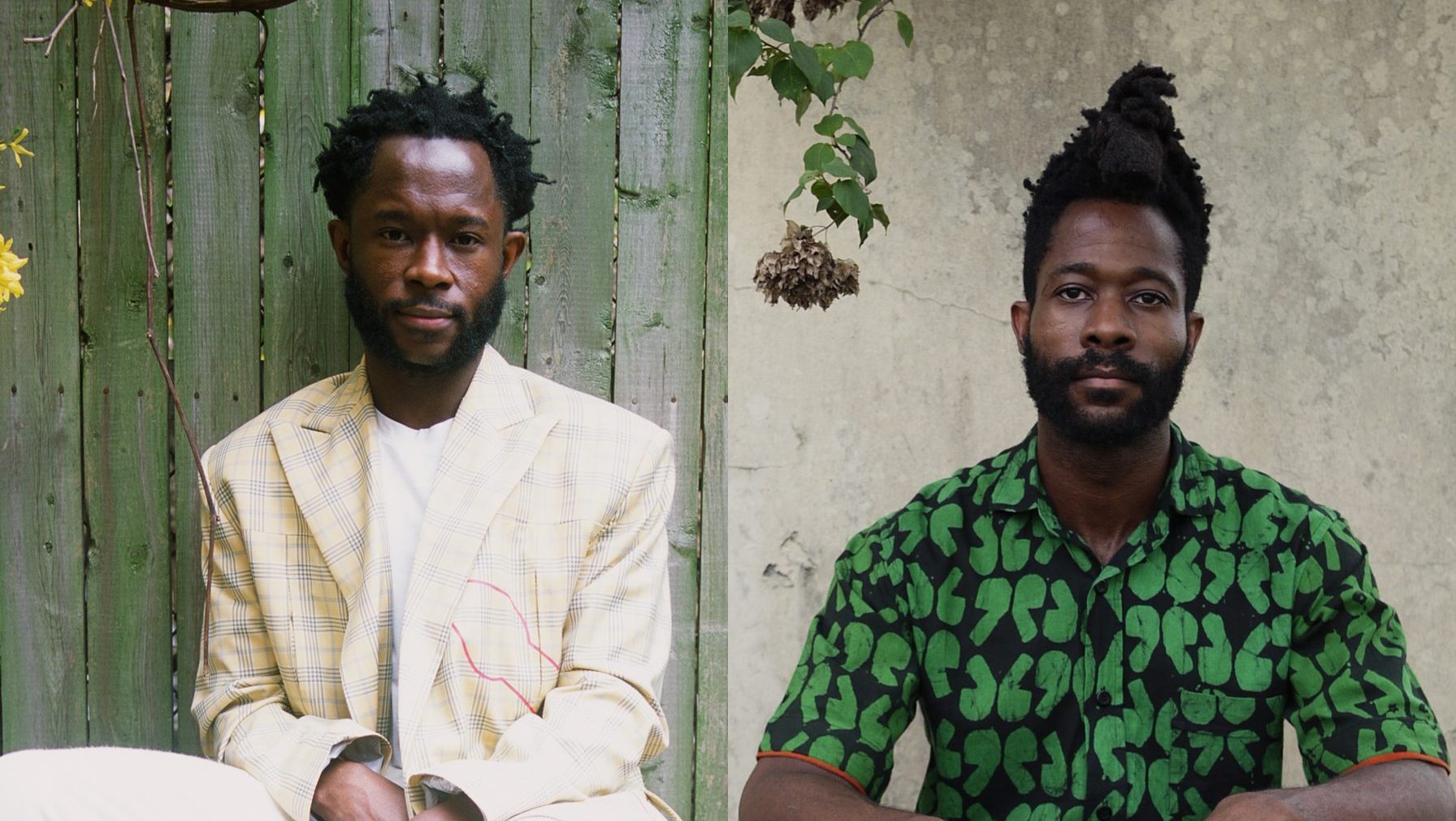
Wired The Same But Different
Born in Warri, Delta State, Nigeria, Arie and Chuko share more than just being twins – a passion for film and storytelling. But they both found their own path to film in different manners.
Arie has a background in photography, working in the camera departments of a number of projects ranging from Audi to Vivienne Westwood and the BBC. He studied Screenwriting and Directing at the Columbia University School of the Arts.

Chuko has a background in law and theatre. In an earlier interview with The Guardian Nigeria, Chuko revealed that the realisation to tell stories came to him while he was in Law school after considering that a career in that field would make him unhappy.
“I felt a compulsion to tell stories; it’s the only thing I ever wanted to do passionately,” he said.
He holds a Masters’ of Fine Arts in Screenwriting and Directing from the New York University’s Tisch School of the Arts Graduate Film Program.
[ad]
“Once we met at that place that was film, we naturally wanted to collaborate… having grown up together of course and being joined at the hips all our lives,” Arie, who is currently in New York, says during a Zoom chat. “So whilst we set up sort of thinking we were gonna do different things, I think we are very happy to find ourselves again in this wonderful medium.”
During their time in New York, they collaborated on two short films Besida, which premiered at the 68th Berlinale, and Goose which premiered at the 2017 LA Film Festival.
Although they had most of their formal education abroad, the twins are bonded by their love for Nigeria.
“I’ve always wanted to tell stories from home because part of being abroad is that you miss home,” Chuko, who has moved back to Nigeria, says. “All the ideas I have are set here at home, there is a lot to talk about, there’s a lot to portray. People know of Nigeria but they don’t really know Nigeria.”

It is this love for the country that influences their need to tell stories about it. “When you’re in love with something, you want to express your feelings towards it; good or bad.”
Arie and Chuko’s latest collaboration, Eyimofe – their first feature film – expresses the struggle and aspiration of the ordinary Nigerian.
Eyimofe and the “Ordinary Nigerian”
The idea for Eyimofe came about 8 years ago when Chuko moved back to Nigeria for his National Youth Service. Having spent most of his life in England and the United States, he found himself struggling to fully acquaint with the country. According to him, his first thought was “I don’t know if I wanna stay here, maybe I should go back.”
[ad]
That thought is but a slice of what goes on in the mind of the average Nigerian, who is torn between the thought of staying or leaving the country, mostly the latter.
According to a 2017 Afrobarometer survey, more than one in three Nigerians say they have considered emigration.
This reality is the central theme of Eyimofe. Told in two chapters titled “Spain” and “Italy”, the film follows the life and aspirations of Mofe (Jude Akuwudike), a 40-something electrical engineer employed by a local printing press, and Rosa (Temi Ami-Williams), a 20-something part-time hairdresser and bartender – two economically disadvantaged people who are set on seeking better fortunes abroad.
Unlike the western media which Chuko says is “obsessed” with the hazardous stories of African immigrants, the film seeks to tell it from the human angle.
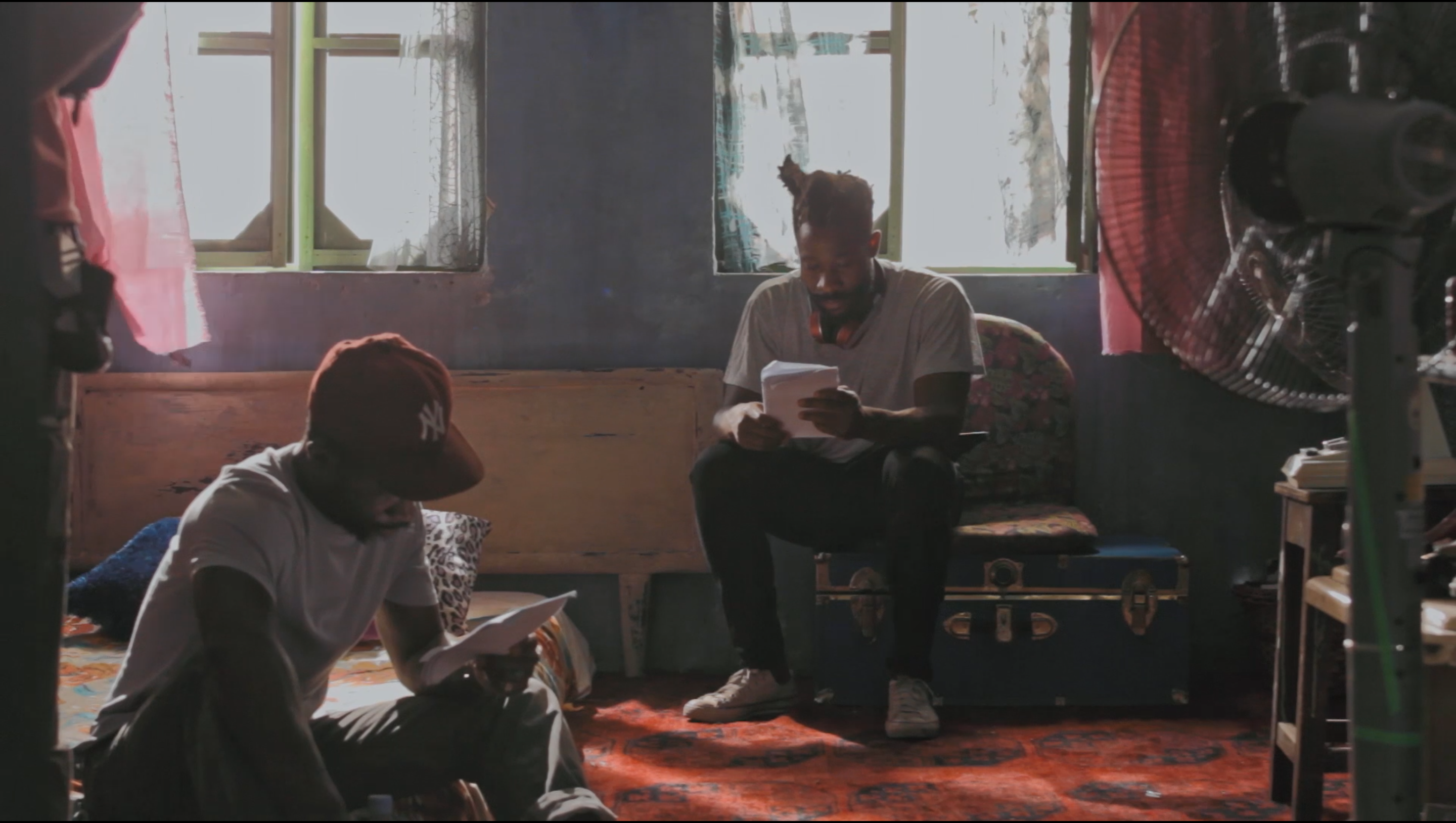
“There have been a number of stories told about migration from Africa all by non-Africans and they are very much obsessed with the perilous journey, you know, crossing the desert, people crossing the Mediterranean or it’s about them when they are on the other side, about their lives abroad. And in all of them, you don’t really get a sense of who these people are, where they’ve come from, what they’ve left behind,” Chuko says.
He added that when migrants in detention places make the news, they are never seen as people but cast as things to feel sorry for.
“We really wanted to tell a reverse migration story that shows you where they come from and some of the things that pushes them out. And why they think ‘my best opportunity lies elsewhere and not here’.”
[ad]
Many ordinary Nigerians are like the characters Mofe and Rosa, both constantly toiling under the weight of multiple jobs, expectations from relatives and an unyielding social construct put in place by a very broad economic inequality. With no hope in sight from their environment, they make up their mind to seek opportunities outside of the country.
In 2016, Nigerians made up the largest migrant populations entering Italy and Greece. In 2019, Nigeria became the fourth-leading source country of new immigrants to Canada, behind India, China, and the Philippines.
The City
Eyimofe was shot in Lagos. The city is peculiar as a commercial capital and melting pot for diverse cultures.
Shot on 16mm film, the city serves as the film’s third character and was presented in a warm and colourful format, which Arie says is intentional.
“I feel that Lagos deserves to be captured in this format,” Arie says. “There is a certain amount of intimacy that you get with the film image, the richer colours and the softer palette and it also brings out a lot of characters in the city.”
However, shooting on film in Nigeria comes at a cost as Arie told The Guardian Nigeria earlier that the country has no processing labs.
“We were shooting blind where you kind of shoot and don’t get your dailies back immediately. We were seeing what we shot almost five days after; that left a lot of work for our director of photography.”
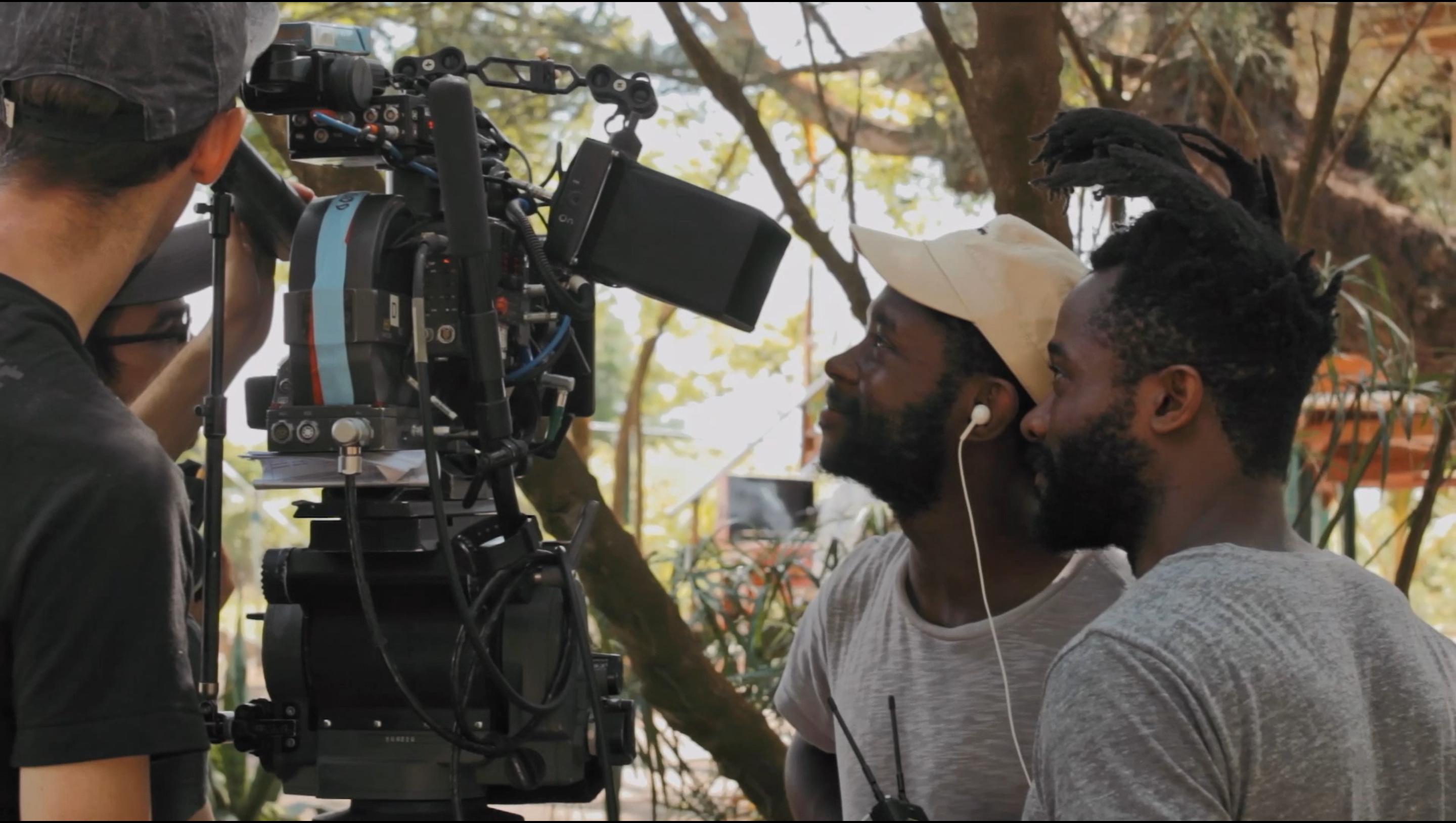
Eyimofe has been shown in at least 20 international film festivals with its world premiere at the prestigious Berlin International Film Festival 2020, where it had its world premiere. It has also won a few awards, including the Distribution Support Award at the 35th Belfort Film Festival in France, Best Fiction and Best New Filmmakers awards at the São Paulo International Film Festival, and the Achilles Valdosta Award at the Torino Film Festival in Italy.
The film will have its Nigerian premiere on Sunday, April 18, and will be available in cinemas on Friday, April 23.
As indie filmmakers armed only with a powerful story that gives a candid perspective on the struggle of everyday people, do Arie and Chuko think the Nigerian audience is ready for a film like Eyimofe?
“An affirmative YES!” Chuko says. “And I think to say otherwise is to patronise the people and to do them a disservice.”
“I think Nigeria has been ready for a film like Eyimofe for a while and it’s about time we see ourselves and our reality reflected on screen,” Arie says.
[ad unit=2]





